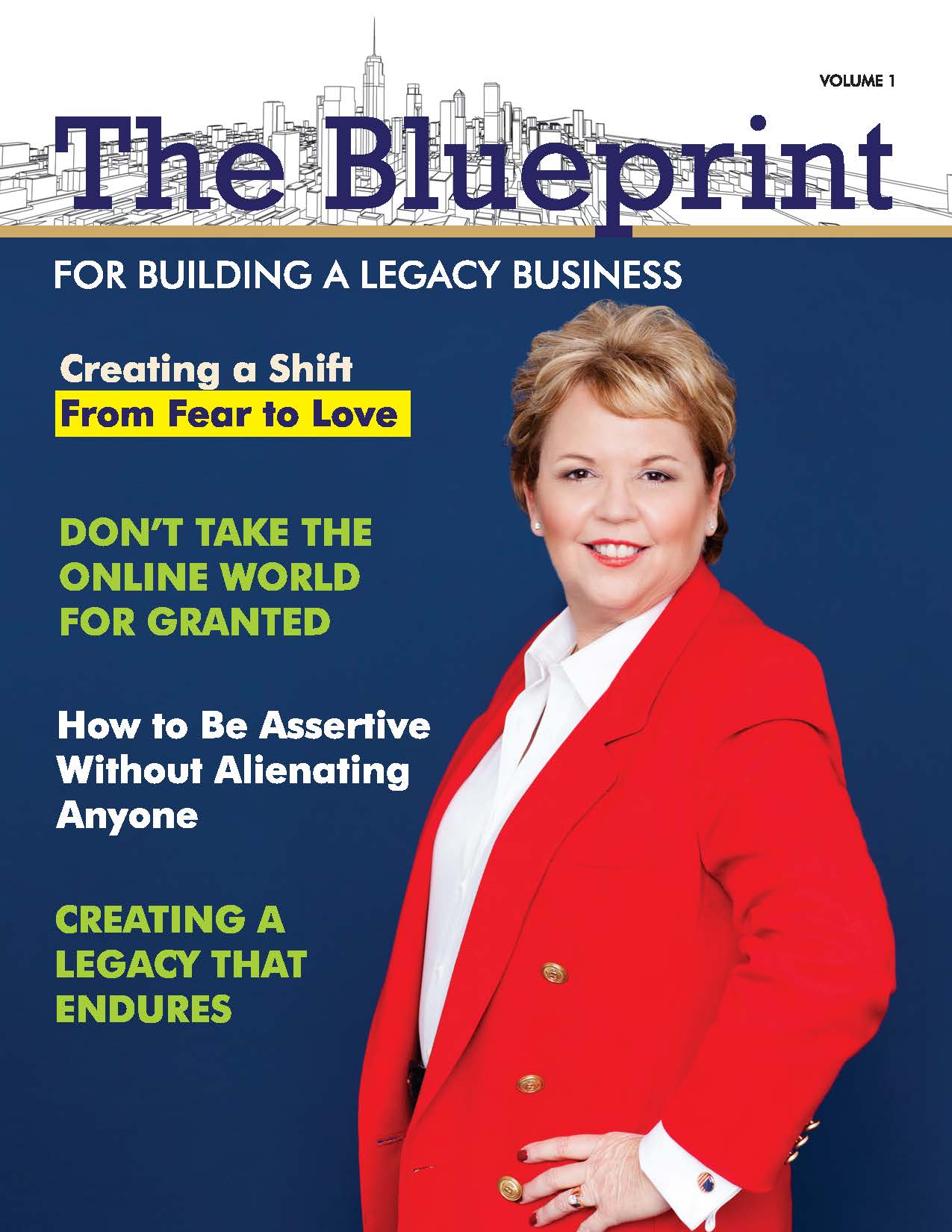Close More Sales by Learning to Handle THIS Response
 As entrepreneurs, you’ve all navigated your way through your fair share of complimentary sales calls and meetings. You’ve prepared, practiced and done your very best to present the many benefits of the service you offer.
As entrepreneurs, you’ve all navigated your way through your fair share of complimentary sales calls and meetings. You’ve prepared, practiced and done your very best to present the many benefits of the service you offer.
Once you’ve made your offer and you’re ready to close, there are 4 words you dread to hear:
“I’ll think about it.”
We all know the chances of the prospect actually thinking it over are slim to none. “I’ll think about it” is too often code for “Thanks, but no thanks.”
You may send a follow up email or your package pricing, but – generally – to no avail.
Here’s the thing: As many as half of the prospects you speak with are actually ready to buy what you’re offering them. They just need a little help getting there. The decision to buy can be stressful.
Why? Money is hard-earned and prospects are fearful of making a mistake they’ll later regret.
As a business owner looking to close the sale, it’s your job to skillfully alleviate those fears.
Consider this: As a service provider, you may be amongst the top in your field. By walking away discouraged every time a prospect tells you that they want to think about it, you’re missing an opportunity to convert that prospect into a satisfied customer.
So, how does a strong salesperson address the “I’ll think it over” response?
- Relax Their Defenses
If your prospect tells you they want to think your offer over, appear to accept their choice calmly and politely. You certainly won’t alter their course of action by appearing disappointed or defeated. If you’re making the presentation in person, smile and slowly pack up your things.
It’s important that you appear to support their decision. When they tell you they want to think about your offer, respond that “that’s perfectly okay.” You can do this both in person or over the phone. Tell them you understand that it’s an important decision and that there’s no need to rush into it.
As soon as your prospect hears this, they’ll relax and let their guard down. Watching you pack up and hearing you agree with their decision, they will no longer be locked in defense mode.
- Express Genuine Interest
Now that your prospect is at ease, stop before you get up to go and ask curiously: “John, you clearly have a good reason for wanting to think it through. Can I ask you what it is? Are you concerned about the cost?”
This is a key moment, friends. Stay calm, maintain eye contact and smile with genuine interest.
A less than experienced or fully confident salesperson may be nervous to ask this question, but remember: You don’t have anything to lose, here. Your prospect has effectively told you “no” and they’re ready to walk away. Avoid a potential lost opportunity by asking what’s holding them back and patiently awaiting their response.
- Listen Attentively
Allow your prospect to process your question and then listen carefully to their reply. Some will tell you that there’s no specific reason – they simply want to think it through. And that’s okay.
However, other prospects will admit to you that they’re concerned about the cost, or tell you that it’s not the money.
Here’s where being prepared is crucial.
If your prospect acknowledges concern about the money, then you should have a series of follow up questions prepared that address price-related concerns. I teach my Celeste Giordano clients which questions to ask, such as “Why do you feel that way?” and “How far apart are we?”. Often, there’s still room to explain the value your service will bring them or offer a package that reflects their budget.
Now, if your prospect tells you that their concern isn’t the cost, politely inquire as to what is the only thing holding them back. Give them an opportunity to reflect.
At this point, some clients will really dig deep and – after a few moments – tell you their true objection (and effectively present you with an opportunity to address it!)
For a salesperson who has spent time considering and rehearsing appropriate responses to various objections, this your chance to resolve their objection, offer up a solution and make the sale.
It’s easy to throw in the towel or appear desperate at the end of a sales presentation when a prospect isn’t buying into program. By learning advanced closing techniques and implementing them consistently, you’ll increase your closing rate and drive up your profitability this year. Invest in learning these strategies, and you’ll soon be enjoying the results.
Stay tuned for next week’s article, where we’ll further explore “closing” strategies that will reduce how often you hear those dreaded words: “I’ll think about it”.
